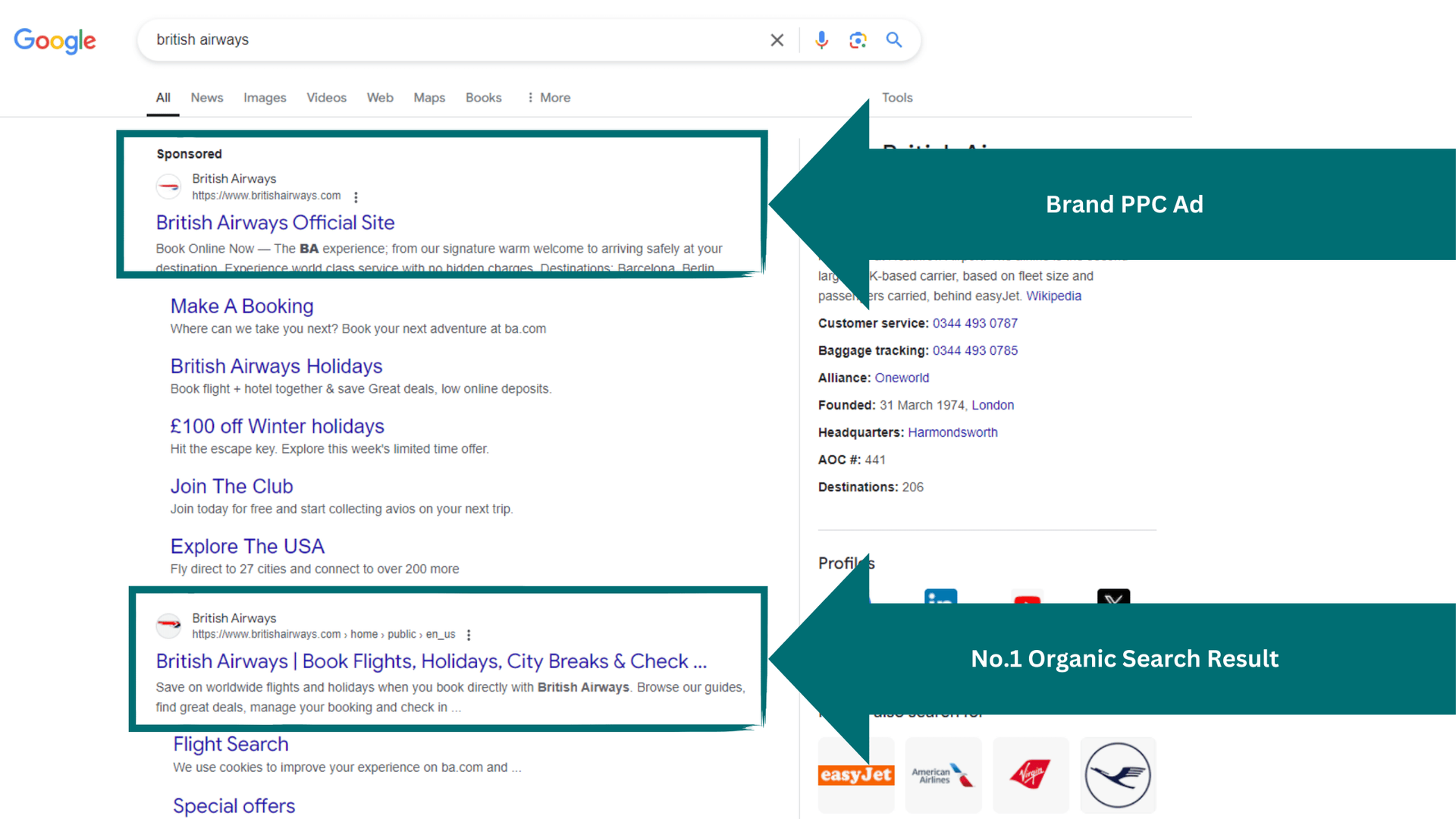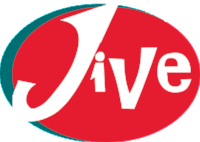Keyword optimisation: Our quick start guide to help you improve your business SEO ranking

Keyword optimisation, also known as keyword targeting, is the process of selecting specific keywords or phrases and strategically placing them within website content to improve search engine visibility and drive targeted organic traffic to a business website. It involves identifying the keywords and phrases that are relevant to a business, product, or service, and incorporating them naturally and strategically into website content to attract the correct customers.
What are the benefits of keyword optimisation:
Not only does keyword optimisation keep driving traffic to your webpages, but it also helps to streamline the correct searchers landing on your site. By using keyword optimisation effectively, you not only ensure that your content is relevant, but also help Google to serve your website to end-users that are searching with the correct search intent, meaning they will be more likely to convert.
Our top tips to improve your SEO
1. Always Conduct Keyword Research:
Before diving straight into optimising your individual website pages, you should begin by identifying the keywords and phrases that are most relevant to your business, products, or services. Use keyword research tools like Google Keyword Planner, SEMrush, or Moz's Keyword Explorer to discover popular search terms, their search volume, and competition levels, ensuring that you are choosing the most effective keywords for your website.
2. Consider Search Intent:
Before you choose your webpage’s primary keywords, you should consider what kind of user you are trying to attract to your content, as this will greatly affect the search queries of keywords that you want to target.
There are 4 main types of search intent –
- Informational: when someone is trying to learn about something
- Navigational: when someone is searching for a specific page or website
- Commercial: when someone is doing research before they make a purchase
- Transactional: when someone is ready to complete an action or purchase
Ensuring that you are using keywords relevant for the correct search intent will help to improve the quality of the traffic landing on your website, with the intention suited to actions that you want them to complete whilst browsing your pages.
For example, someone searching “holiday destination in Europe”, they are showing informational search intent, however if they switched their search query to say “best holiday destination in Europe, this would be considered a commercial search. To continue with this example, searching “Antares Hotel Meribel” would be navigational searching and “Book Holiday in Europe” would be a transactional search result. This is important to understand when deciding in your final keywords or phrases, to ensure that you are targeting users with your desired search intent.
3.Include Long-Tail Keywords and other keyword variations:
Long-tail keywords are longer and more specific keyword phrases that target niche audiences. They often have lower search volumes but result in higher conversion rates. Incorporating long-tail keywords into your content will help to attract more qualified leads and work to prevent less invalid traffic to your site. Including questions and singular keywords can also help users to find your website for the correct searches.
4.On Page Content Optimisation: Once you are happy with a final list of targeted keywords, strategically place them in your website content. Optimize your page titles, headings, meta descriptions, and body text to ensure they are relevant and engaging. Another tip is to make sure that you include your chosen keywords early on in your content, as Google specifically puts more weight on terms that appear at the top of a webpage. Frontloading your keywords into your title tag is another popular technique used by marketeers. Frontload simply means start your title with the keyword.
5.Monitor Performance with Google Search Console: Google Search Console is a free web service provided by Google that helps you monitor and maintain your website's presence in search results. It provides valuable insights into your website's performance, including keyword rankings, click-through rates, and indexing issues. Utilising Google Search Console is an effective and free way for small businesses that cannot afford to rely on the help of a specialist marketing agency to manage their SEO efforts.
Common mistakes to avoid that may damage SEO
Keyword Stuffing:
Keyword stuffing refers to overusing keywords unnaturally or excessively within the content in an attempt to manipulate search engine rankings and appear near the top of the page. Search engines are now sophisticated enough to notice this tactic, and it can harm a website's SEO efforts. It is crucial to maintain a balance and use keywords naturally within the content.
Duplication of content:
Avoiding duplicate content is one of the most important SEO best practices to keep in mind when writing your website content and meta information. Google dislikes websites with repeated content due to thinking that it is wasting users’ time and/or making it difficult for Google to determine which page will best meet the searcher’s needs. This issue is much easier to avoid on information websites, however can prove a little more tricky if you have an e-commerce site with lots of similar products, as writing unique content and descriptions can prove more challenging on these sites. If you are struggling to avoid duplicating content between pages on your website, you should consider combining them into one informative page or more generic page.
Keyword optimisation is a crucial component of SEO that can significantly improve your website's visibility and organic traffic. By conducting thorough keyword research, strategically implementing keywords in your content, and leveraging tools like Google Search Console, you can enhance your SEO ranking and attract more relevant visitors to your website.
At Jive Marketing Solutions, we understand the importance of keyword optimisation and can help you develop a tailored SEO strategy that aligns with your business goals. Read more about our SEO services here or contact us to find out more.











